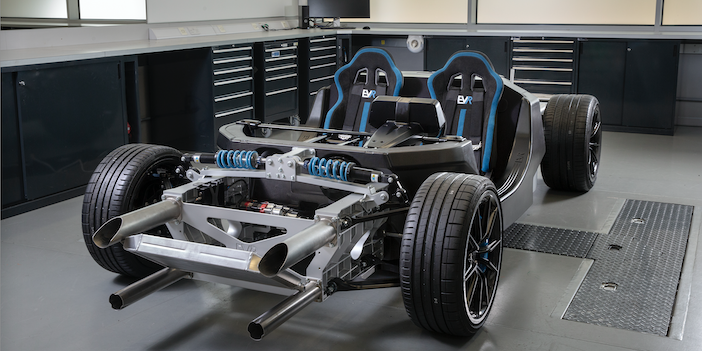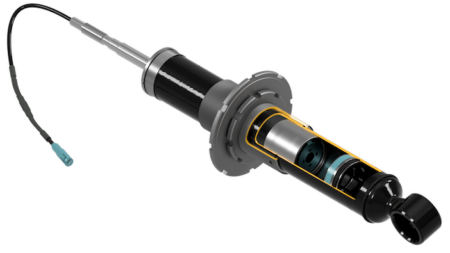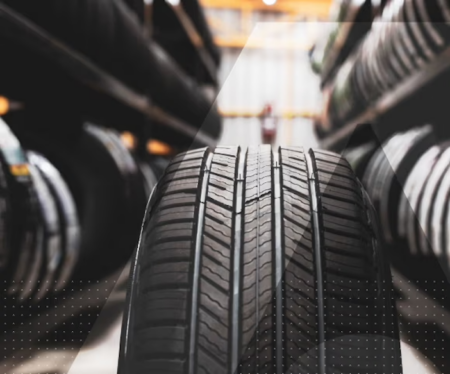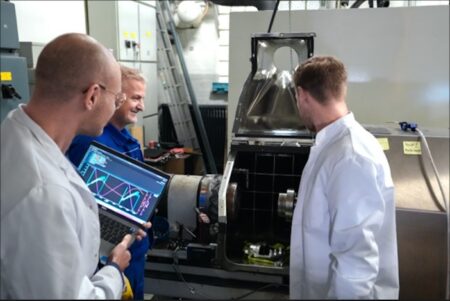Williams Advanced Engineering (WAE) has revealed an ultra-high performance electric vehicle platform designed to accelerate the ambitions of hypercar manufacturers, from start-ups to OEMs. Named the EVR concept, WAE says the platform enables automotive brands to launch unique high-performance electric vehicles based on a state-of-the-art yet cost-effective platform.
The EVR platform is focused on the growing electric hypercar sector, with a lightweight composite structure that mounts the high-performance battery system in the middle of the vehicle, optimising the centre of gravity. EVR can support a range of vehicle configurations, from track-only vehicles where power-to-weight is maximised, to roadgoing models, whether open-roof targa or fixed-roof GT architectures. This is made possible by the architecture’s central tub, which has been designed to allow for such flexibility, including open-roofed designs, whilst still enabling performance technology such as active aerodynamics.
With an 85kWh battery and peak power of 1,650kW, WAE says the EVR concept enables sub-2.0 second 0-100km/h (62mph) acceleration and a top speed more than 400kmh (248mph), with a vehicle mass less than 1,800kg, along with fast-charging capability of sub-20 minutes and a range in excess of 450km (279 miles). All-wheel drive and rear-wheel drive layouts are supported through multiple e-motor configurations.
For start-ups, WAE can provide a complete turnkey solution for EVR, delivering the entire vehicle, with exterior design support supplied by the customer or a WAE partner.
For OEMs, EVR accelerates route to market, with the entire engineering and assembly of the rolling chassis completed by WAE, adapted for OEM design and styling requirements.
Equally, for OEMs and Tier 1s, EVR provides the opportunity to integrate new products to push the boundaries of electric powertrain technology, with the rolling chassis capable of being continuously developed with WAE’s newest motor and battery technologies.
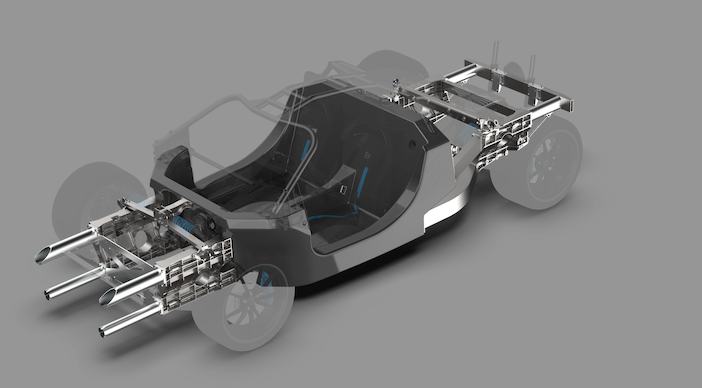
WAE is targeting delivery of a first EVR-based prototype within 12 months. A programme from project kick-off to delivery of a first production vehicle is projected to take 24 months.
EVR is also developing an EVR-H fuel cell variant, to deliver the equivalent performance of a pure BEV platform but powered by H2.
“EVR combines WAE’s exceptional expertise in motorsport-bred lightweight, composite structures and high-performance battery powertrains with our knowledge in developing and delivering electric vehicle programmes,” said Paul McNamara, WAE’s technical director. “It rapidly accelerates high-performance electrification, offering a turnkey solution for both start-ups and OEMs with an affordable business case, reduced time to market and a highly flexible architecture.”


